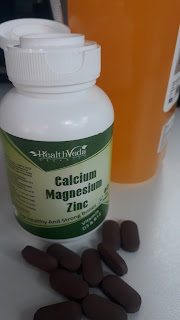Looking to use melatonin to help them sleep
1. Some people say we produce melatonin in our body. Yet there are numerous kinds in the pharmacies. Which melatonin is best for sleep?
Yes, it’s true that we produce melatonin. It’s produced from a specific region of our brain, typically during the night, hence why it’s so often linked to sleep. But when people are looking to use melatonin to help them sleep, they are in actual fact considering the synthetic versions of melatonin that they can buy online, or at their local store or pharmacy.
2. How much melatonin does the body produce?
During the day, your body does not contain much melatonin. If we assume you have a ‘normal sleep pattern’, then usually your brain will begin to produce melatonin shortly after sunset, and will continue to do so during the night, until around sunrise when it stops. When levels of melatonin are measured during the night, your body should typically have its highest amount of melatonin just after midnight.
In young and middle-aged adults, these nighttime levels peak at around 60 to 80 pg/ml (picograms per milliliter).
In children, their nighttime levels are around 100 pg/ml. Older adults’ nighttime melatonin levels are the lowest in all age groups (around 20 pg/ml).
3. Which melatonin supplement should I consider?
It’s worth knowing that there are two broad types of melatonin that you can buy:
Immediate-release melatonin
Prolonged-release melatonin. Other names for prolonged release melatonin include controlled release (with ‘CR’ being on the label), extended release (XR), and sustained release (SR).
For most sleep issues I would typically recommend people choose immediate-release melatonin. If the melatonin you purchase does not have any symbols (eg, CR, XR, SR), then it’s likely it’s the immediate-release type. If you see IR, then it should be the immediate-release version. But do check with the supplier or your physician.
4. How long does melatonin take to kick in?
The absorption of immediate-release melatonin takes about 50 minutes to reach its peak in your body. Whereas for prolonged-release melatonin, it takes nearly 3 hours.
5. How long does melatonin last?
Immediate-release melatonin has a half-life of 45 minutes (ie, half of the melatonin taken is gone after 45 minutes). This means the immediate-release version of melatonin that is taken at night is not really present when you wake-up in the morning. In contrast, prolonged release melatonin has a half-life closer to 2 hrs, though likewise, it is unlikely to affect you when you wake in the morning.
Because prolonged release melatonin stays in your body for longer, it is recommended for people who have trouble maintaining sleep (i.e., wake up during the night). Worth noting is that melatonin is cleared from the body by children faster than it is in adults.


Comments
Post a Comment